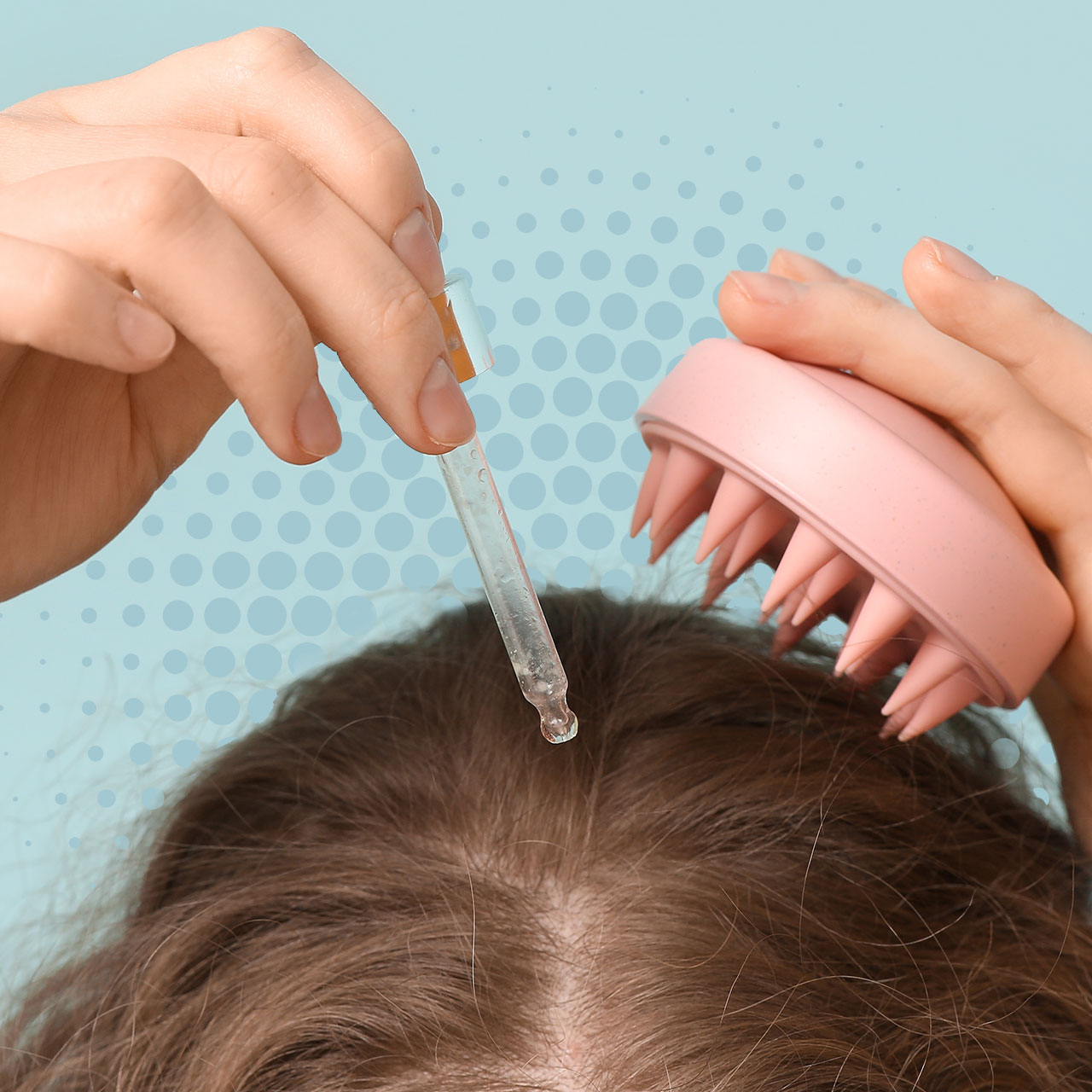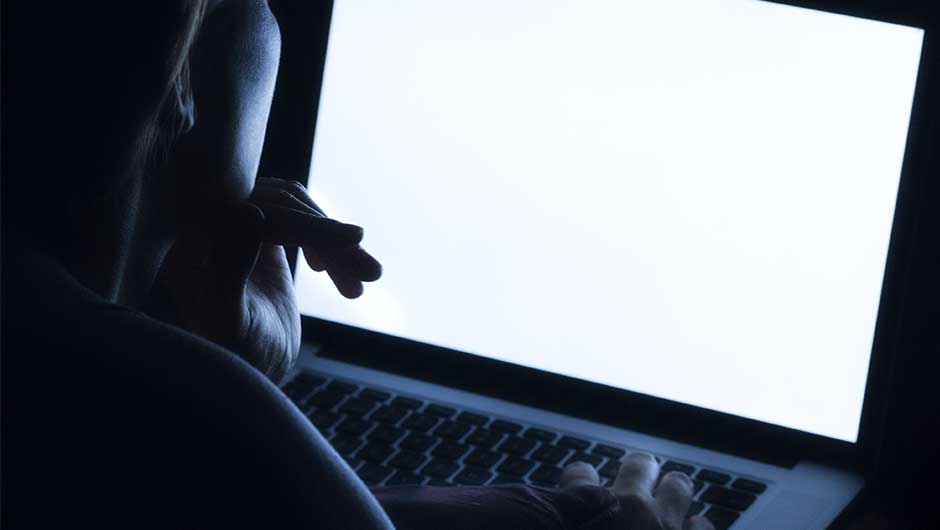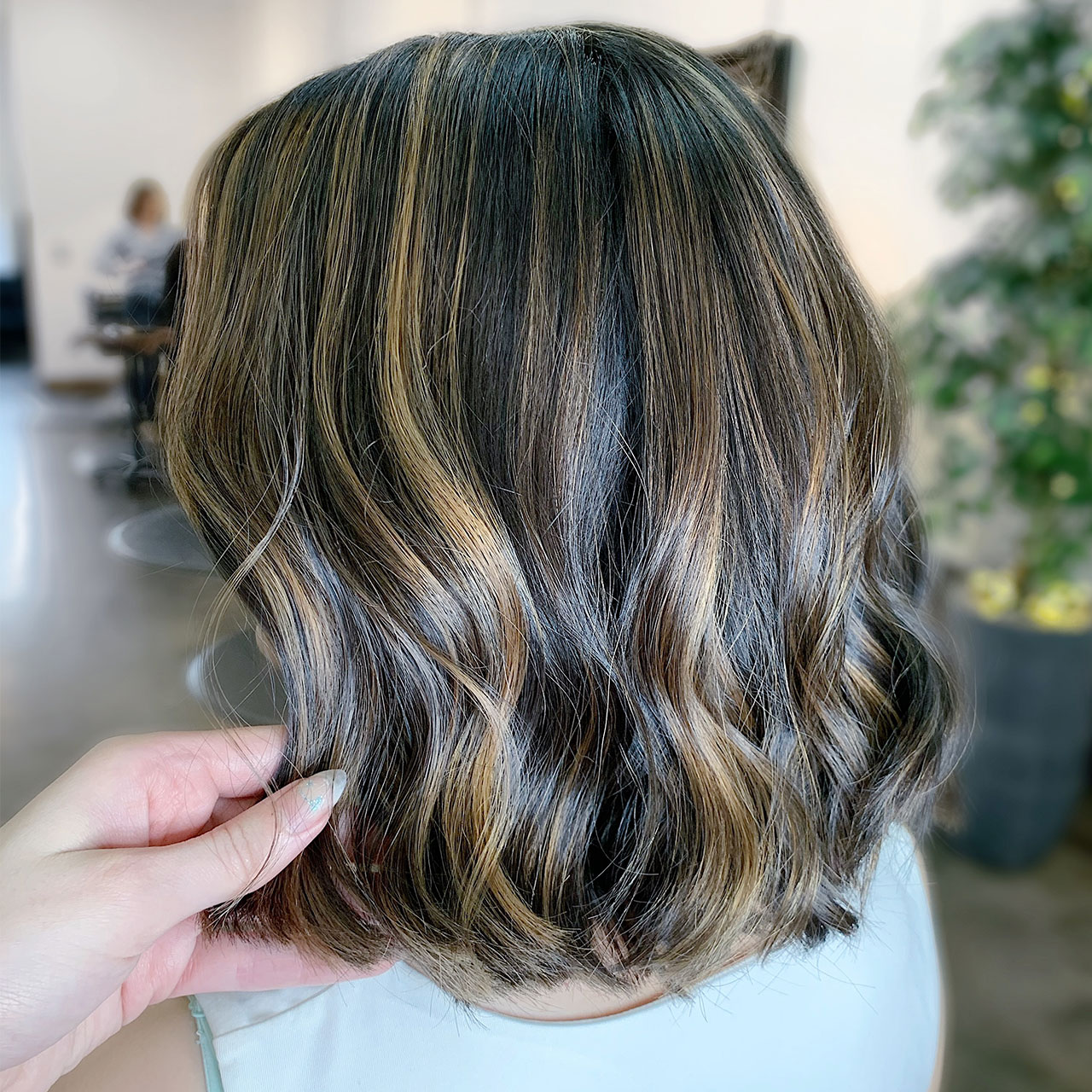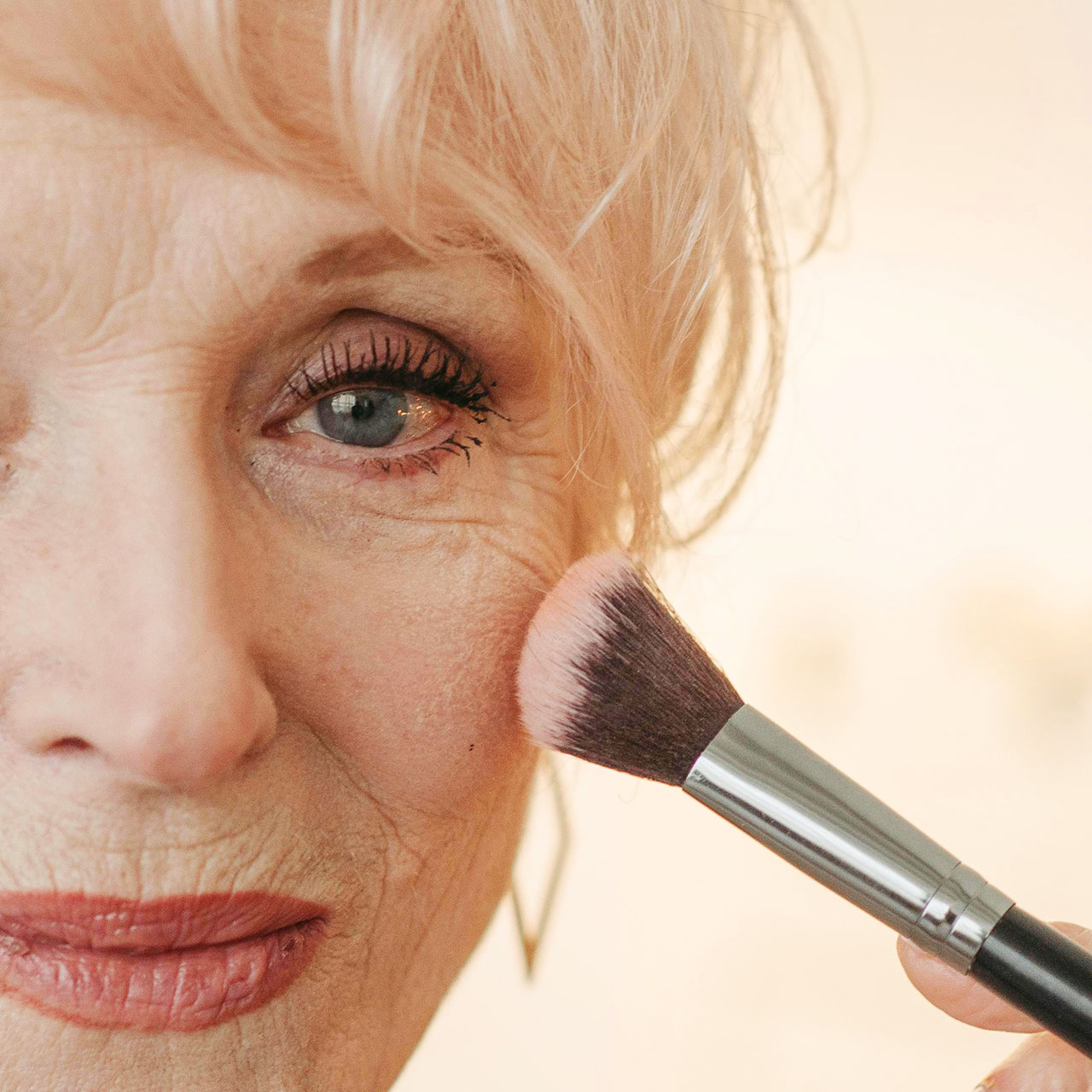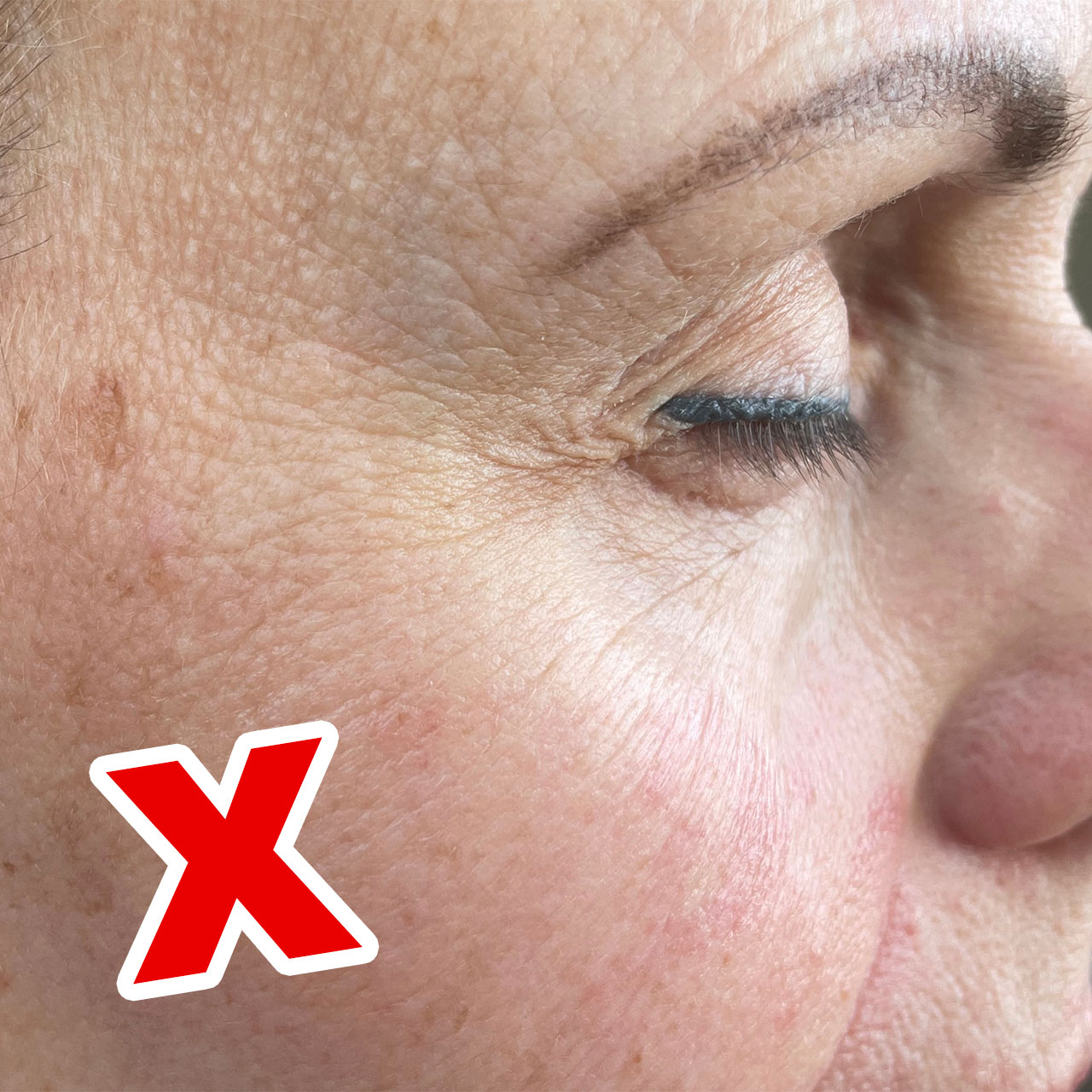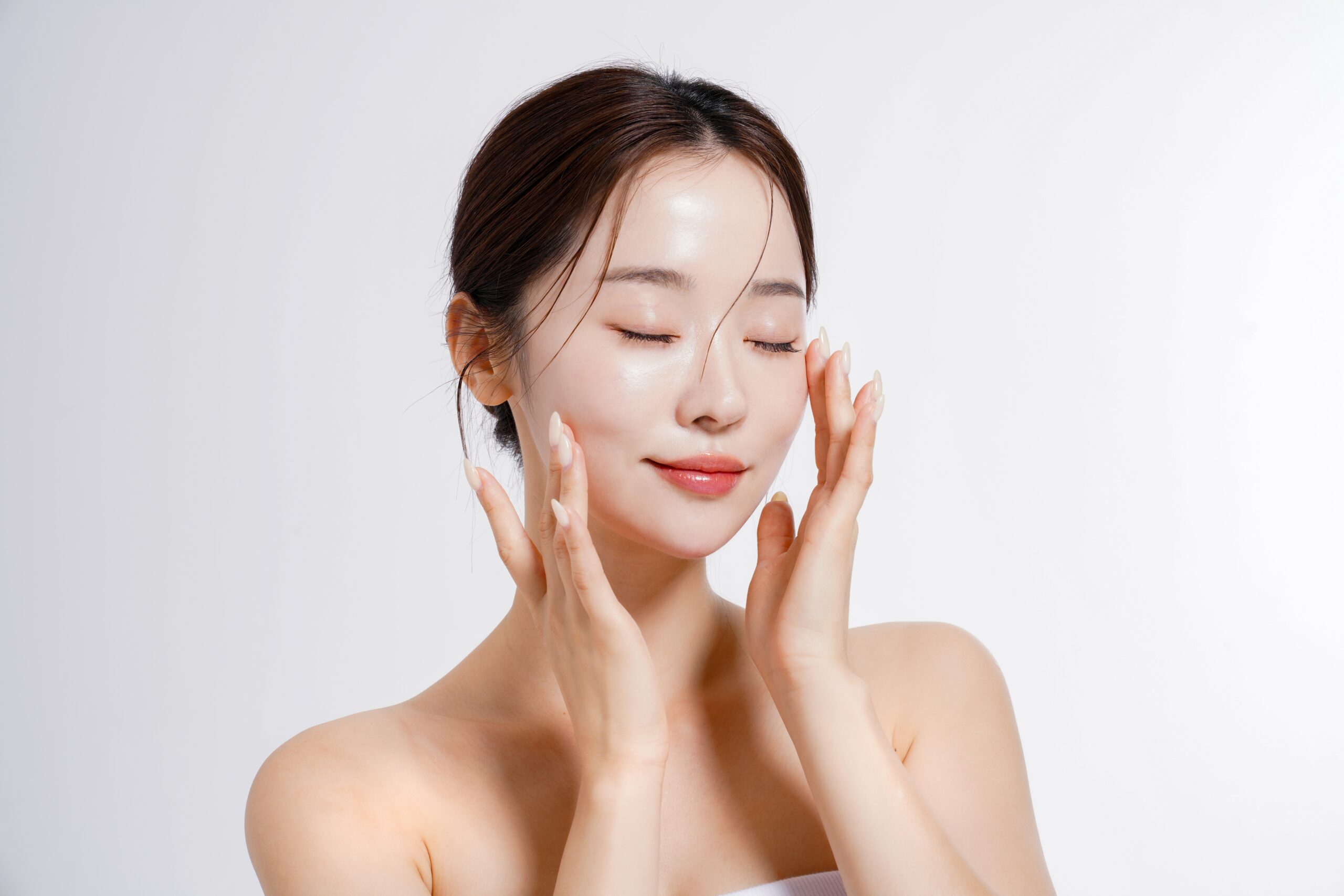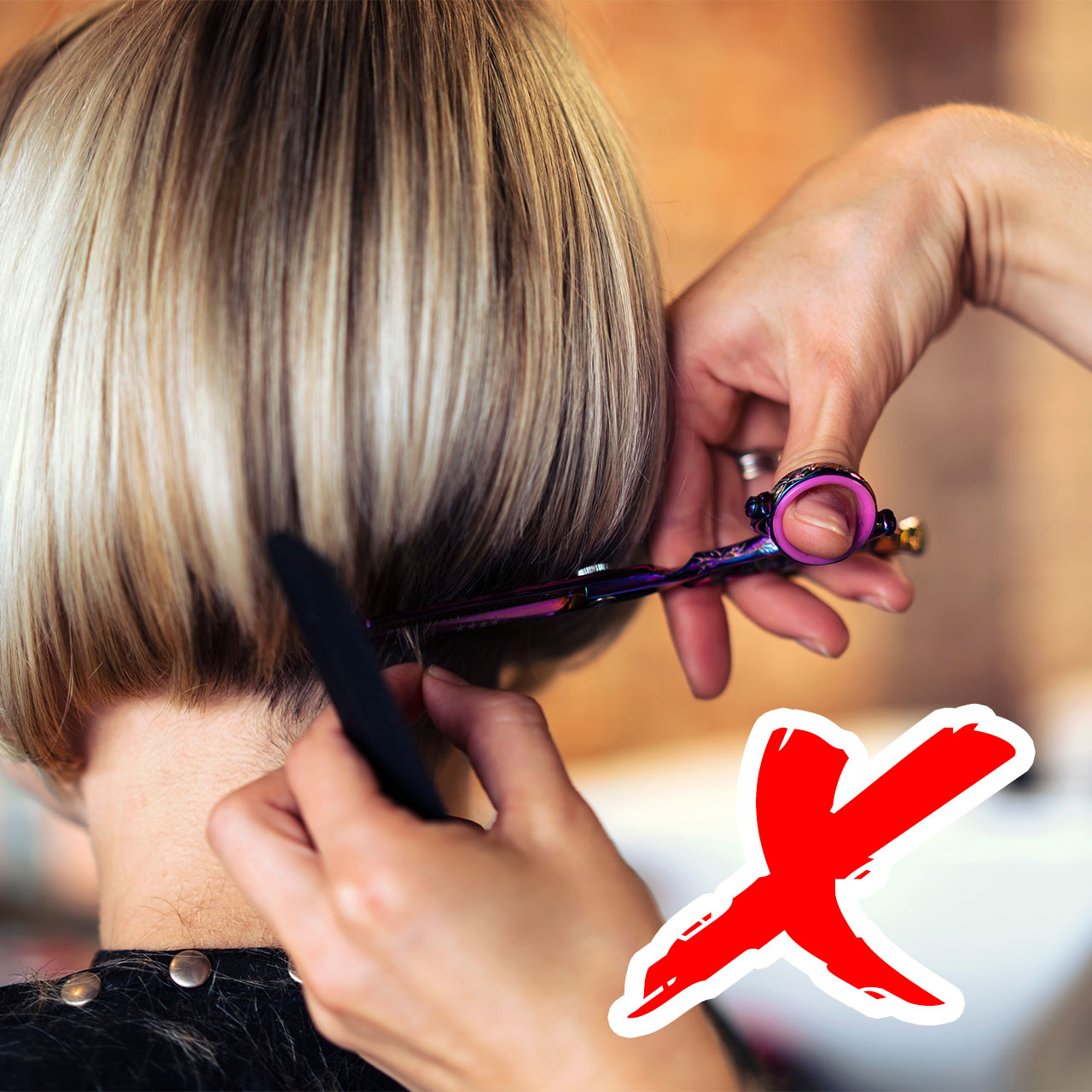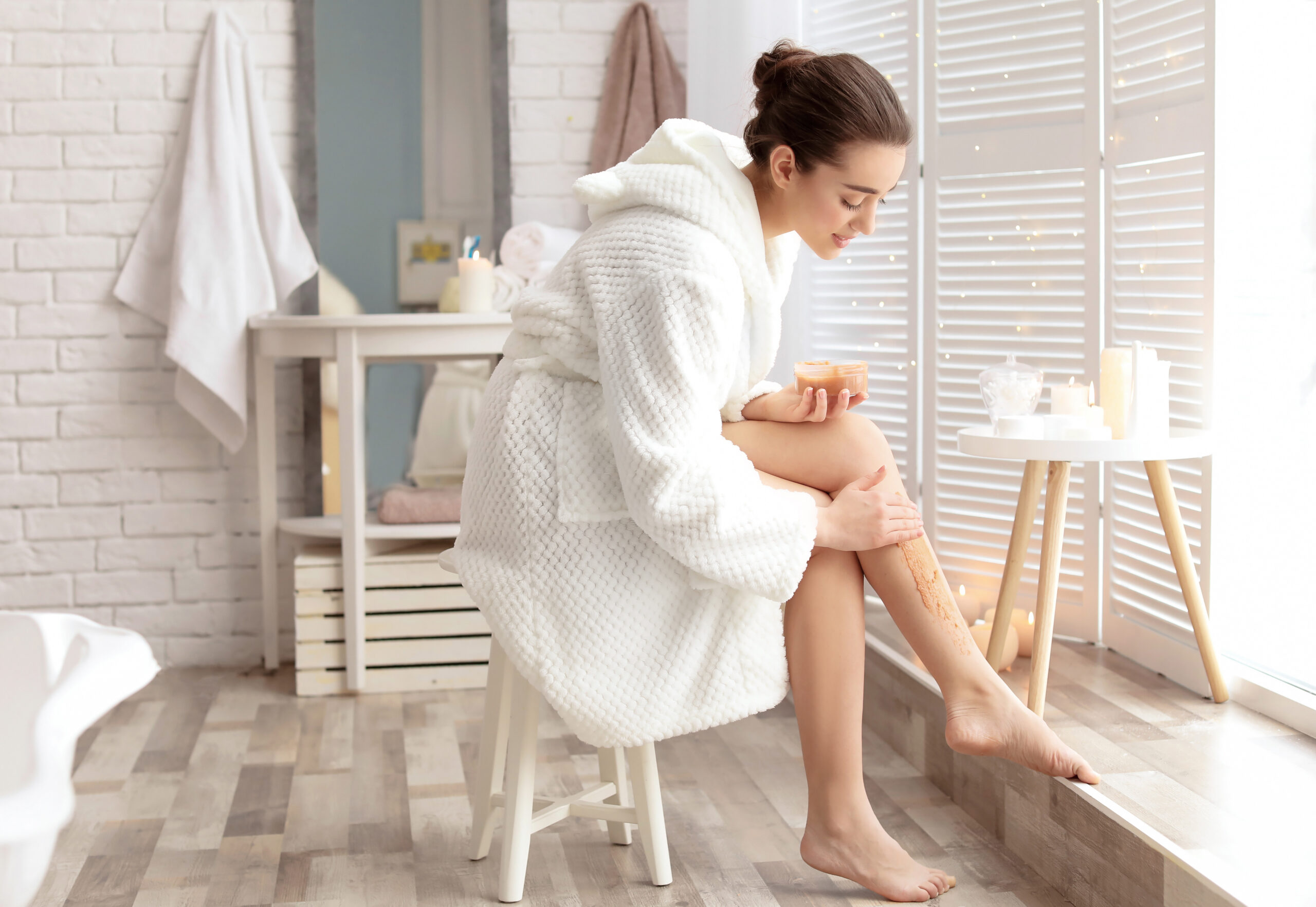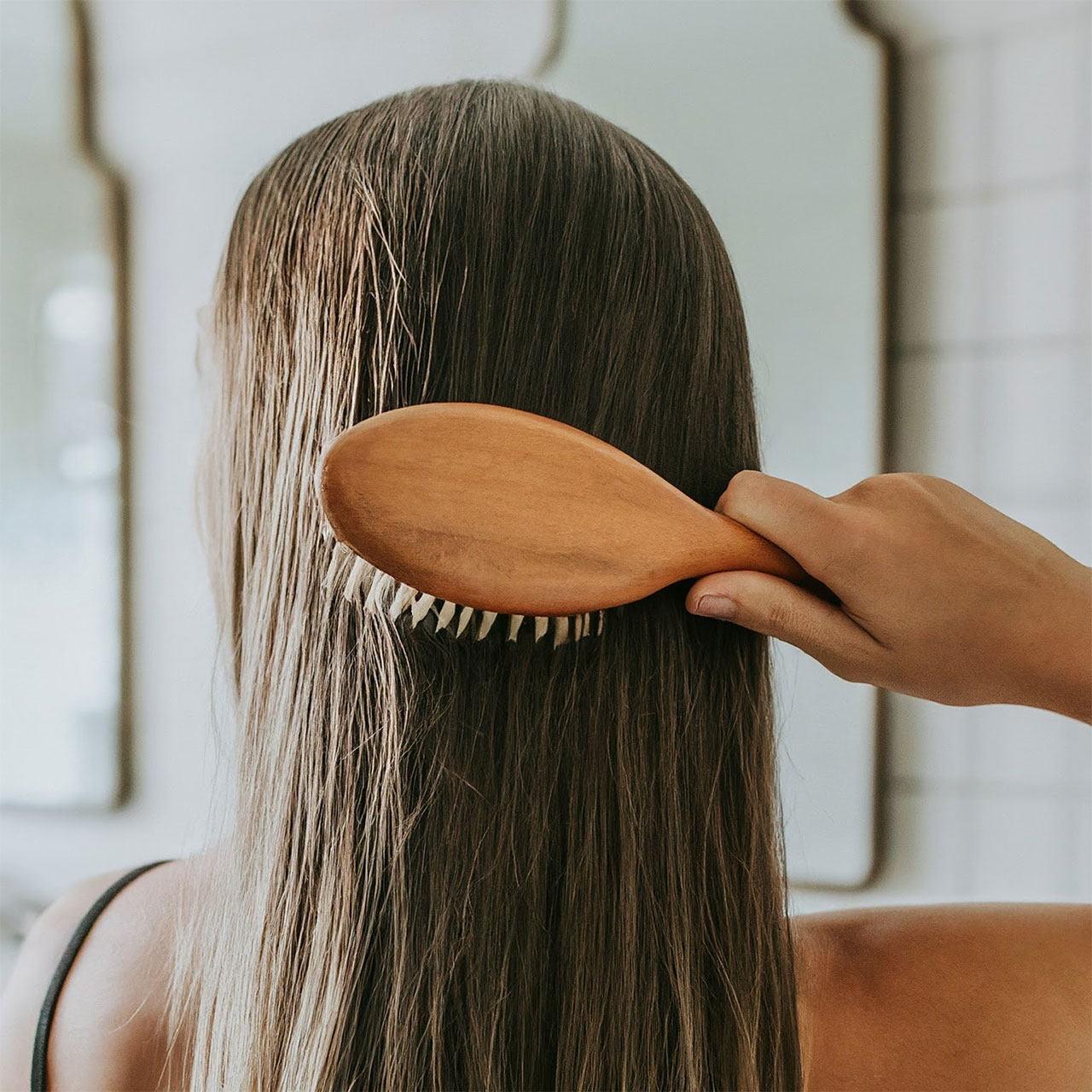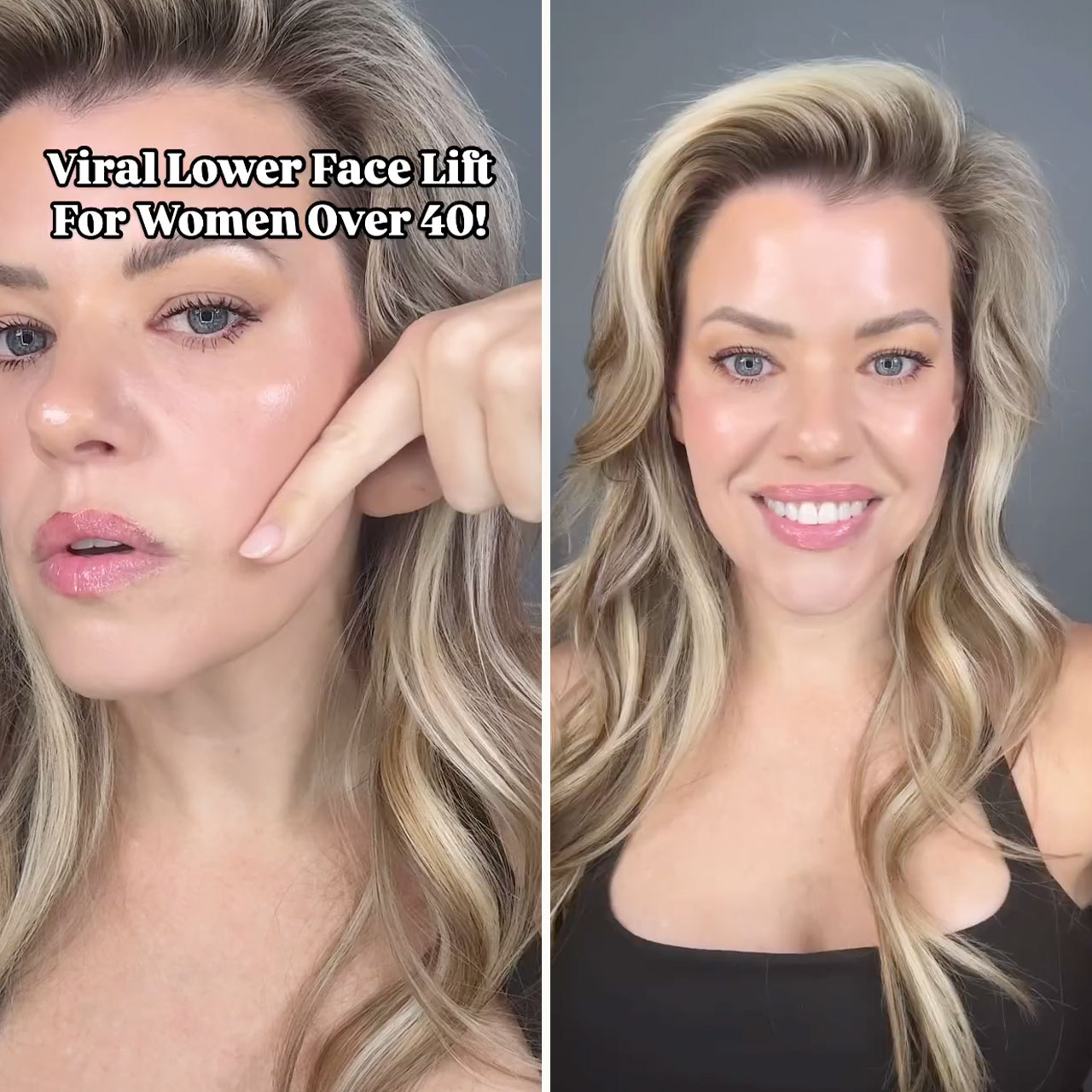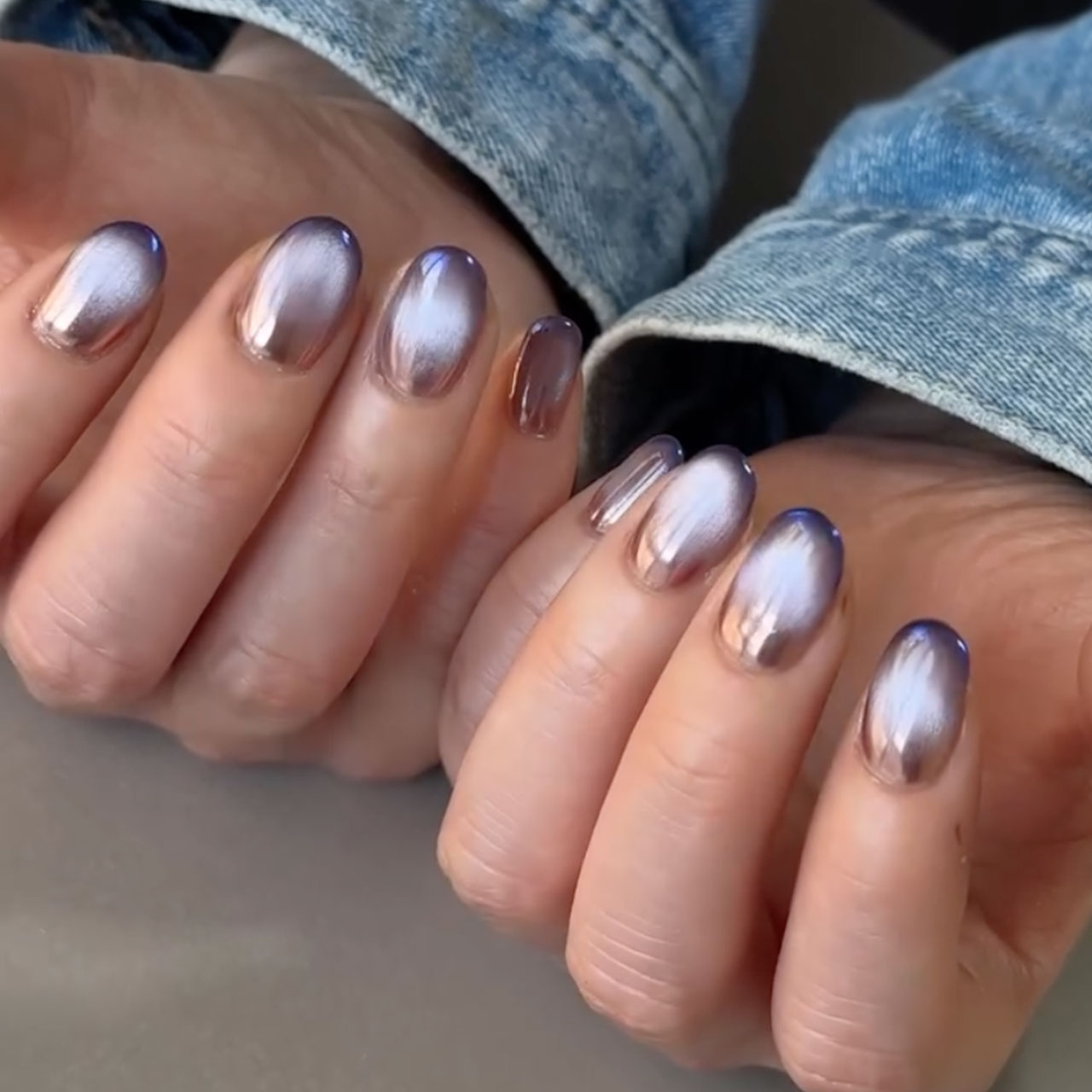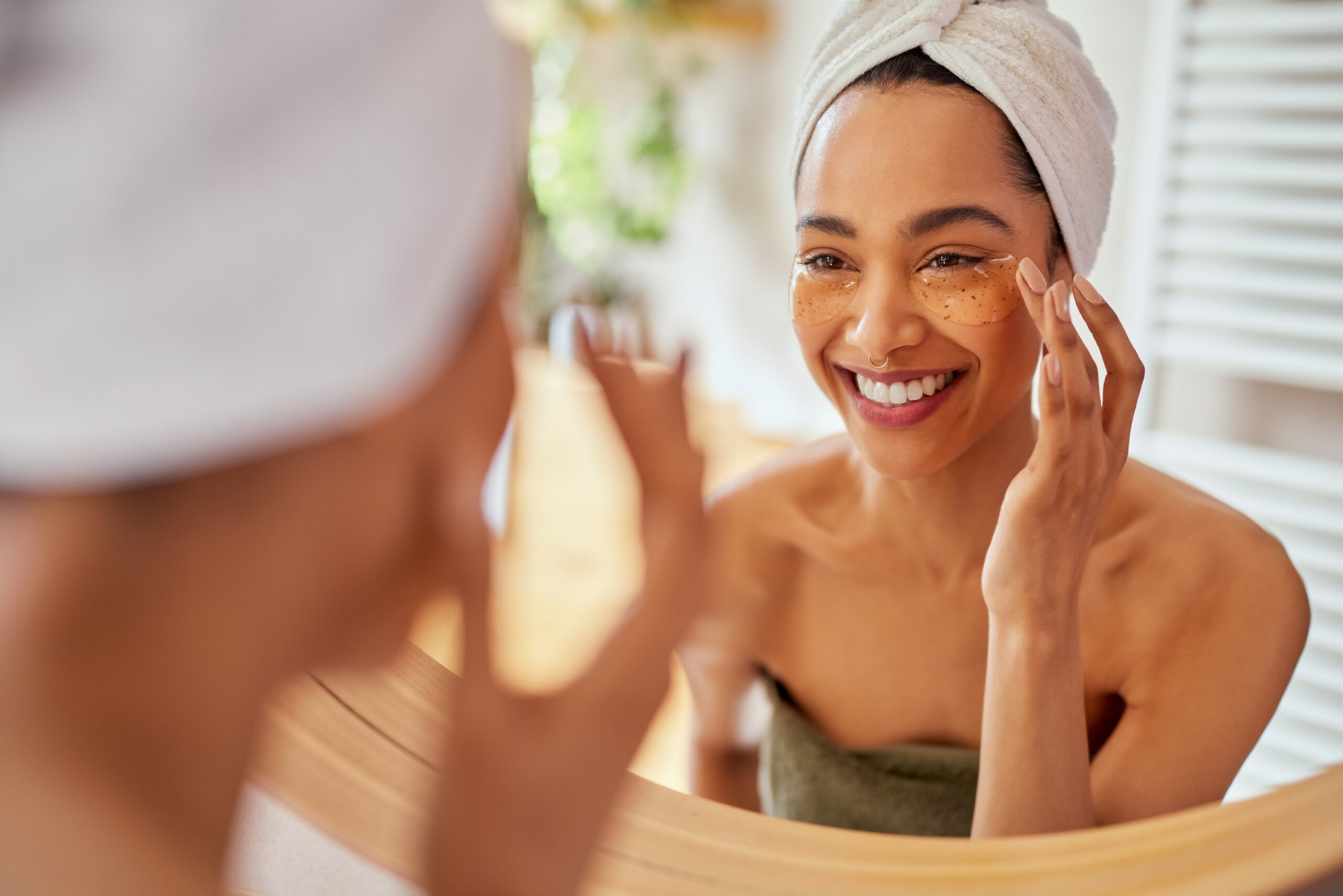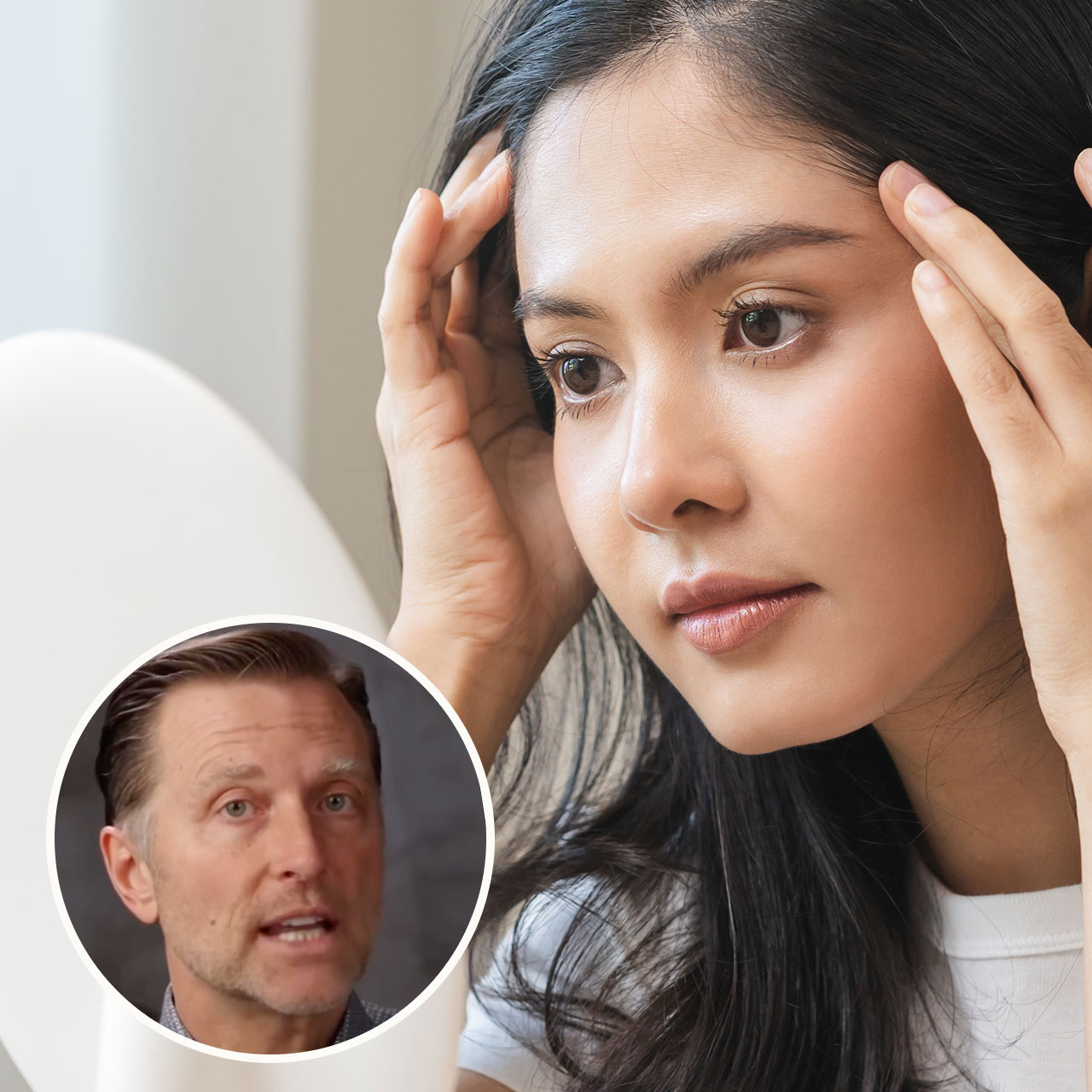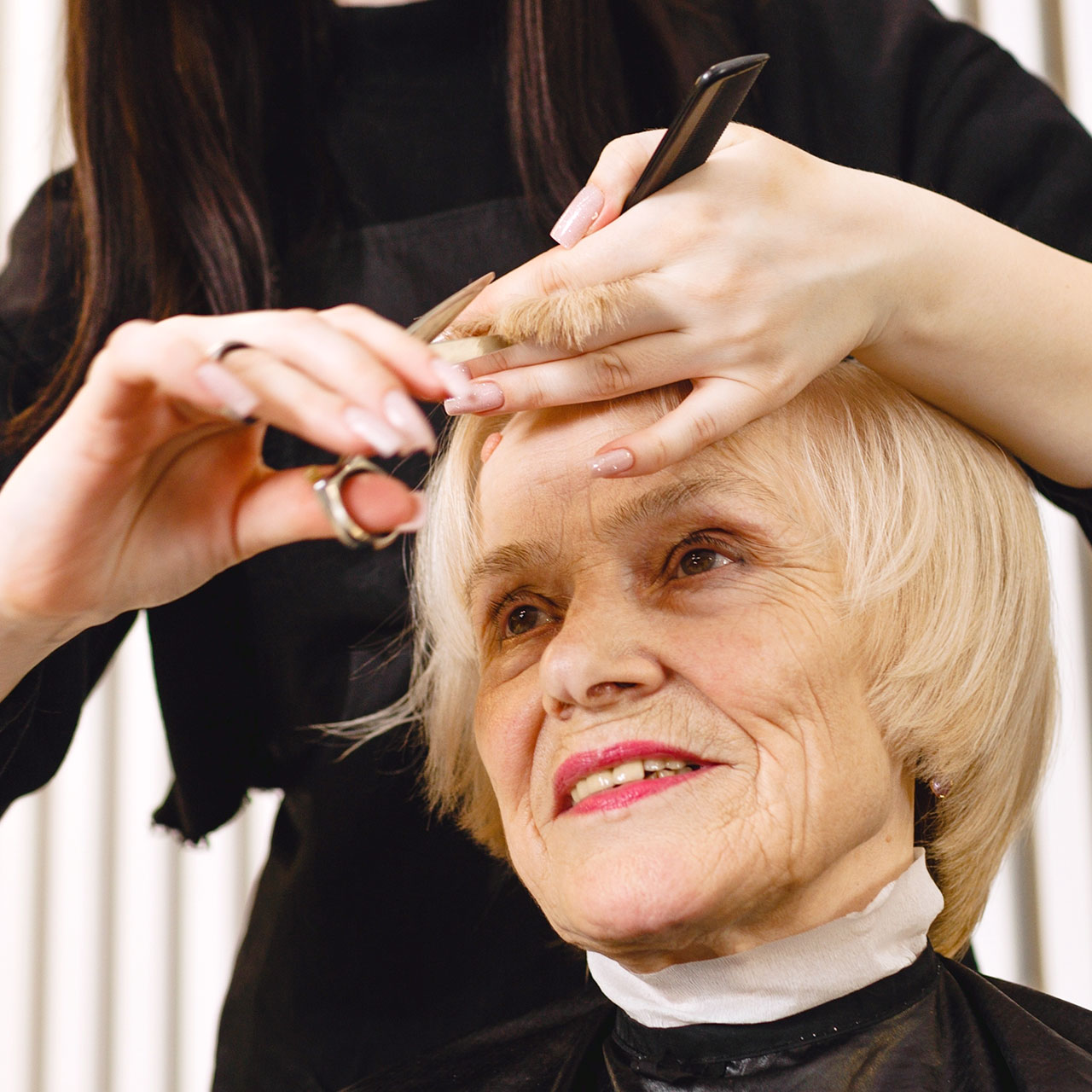This is an archived article and the information in the story may be outdated. Please check the time stamp on the story to see when it was updated last.
Whether you're curled up in bed watching Netflix with the lights off or diligently trying to finish a project for work late at night, we're all guilty of using our laptops in the dark. This might seem like an innocent act, but it actually has one major negative consequence.
[Photos: Shutterstock]
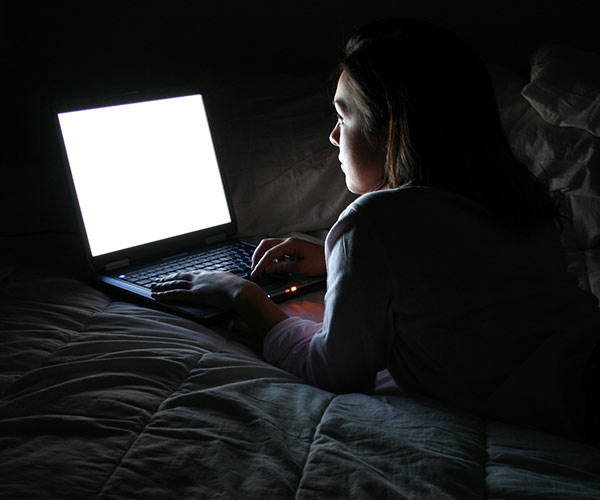
A study conducted by the Proceedings of the National Academy of Sciences found that artificial light from electronic devices can interfere with your sleep cycle. Using an electronic device right before bed means you're more likely to have trouble falling asleep and it messes with your body's production of melatonin. It actually decreases melatonin production by 55 percent.
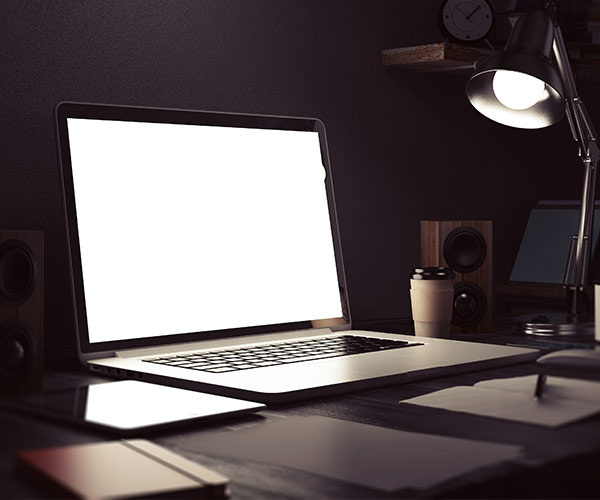
Using an electronic device immediately before bed makes you much more alert, so that's why it makes it harder for you to get your beauty sleep, according to the study. This makes you less alert the next day. So what causes these electronics to get in the way of a good night's sleep?

It's the blue light from electronic screens! The bright light makes you alert and energized right before bedtime. This light can also have negative effects on your eyesight and your skin!
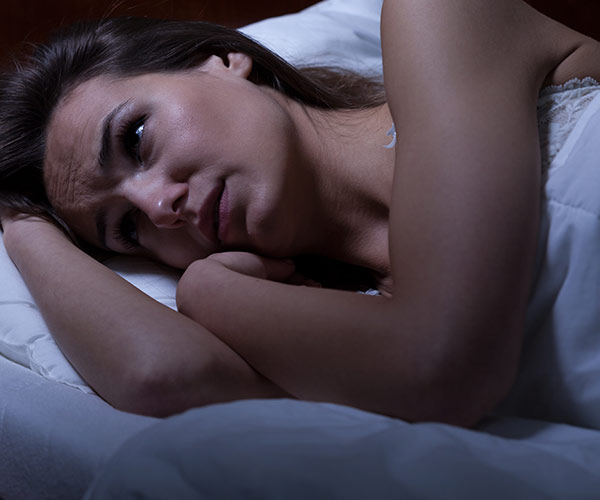
Thankfully, you can take measures to prevent this, like dimming the light on your laptop as much as possible before bed OR not using any electronic devices an hour before bed. You can also download apps like F.lux, which adjusts the color of your screen to help dim blue light and protect your eyes. It might seem impossible to not check Facebook or text our friends right before bed, but avoiding these habits can do wonders for our sleep cycles.




